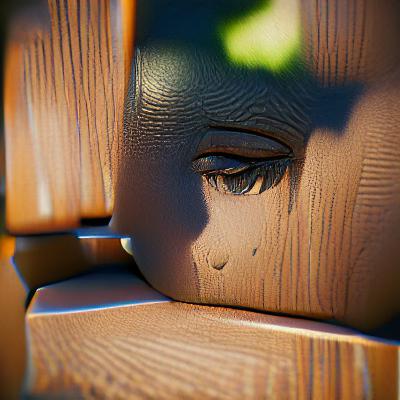Depression is a severe mental health condition affecting millions of people yearly. It can cause various symptoms, including sadness, decreased energy, changes in appetite and weight, difficulty concentrating, and thoughts of suicide. While the root causes of depression are still being studied, it is believed that there may be a connection between repressed trauma and depression. In this blog post, we will explore the evidence for this connection and discuss possible treatments.
The brain is more susceptible to the effects of early trauma. This can lead not only result in depression but also other serious conditions like PTSD or anxiety disorder that affect one’s daily life greatly as they age.
The adverse consequences don’t stop there – this same failure mode may be what pushes people towards addiction when their feel dystonic response (from an intense emotional state) arises without warning during stressful situations.
What percentage of depression is caused by trauma?
It has been found that 75.6% of the chronically depressed patients report having experienced childhood trauma, with 37 percent reporting multiple concussions as well which lead to significantly more severe symptoms in those who experienced them than others without this history.
A recent study by Dr Rinser et al., 2016 shows how these individuals are at higher risk for developing major depressive disorder (MDD) or clinical levels – an illness characterized primarily by suffering from severely low moods/depression over long period of time. This suggests a strong correlation between early trauma and the development of depression later in life. While more research is needed to determine causation, the evidence suggests that repressed trauma may contribute significantly to depression.
How long does it take to recover from emotional trauma?
In order to feel safe in their bodies and relationships with others, people affected by trauma may need days or weeks of active therapy. For those who have experienced acute traumatic events such as Natural disasters – the recovery process can be much faster because these types of traumas tend cause not only emotional turmoil but also physical distress that requires attention right away from professionals trained for this type situation.
People struggling under chronic abuse often report feeling unsafe at home situations where they’ve been left on their own without any help coming along later down road–it takes time before one is able regain sense safety again.
How do I know if I have emotional trauma?
Emotional Trauma Symptoms
- Cognitive Changes: Intrusive thoughts, nightmares, and flashbacks of the event, confusion, difficulty with memory and concentration, and mood swings
- Altered Behavioral Patterns: Avoiding people and places that remind you of the experience, and withdrawing from family, friends, and activities you once enjoyed
- Psychological Concerns: Anxiety and panic attacks, fear, anger, irritability, obsessions and compulsions, shock and disbelief, emotional numbing and detachment, depression, shame and guilt (especially if the person dealing with the trauma survived while others didn’t)
- Physical Problems: Difficulty falling or staying asleep, becoming easily started, hypervigilance and edginess, rapid heartbeat, unexplained aches and pains, sexual dysfunction, altered eating patterns, muscle tension, and extreme exhaustion
How does psychological trauma affect the brain?
The brain changes that result from trauma can lead to a variety of symptoms. People who experience frequent or chronic stress may develop an improperly functioning flight-or-fight response in their autonomic nervous system, setting off feelings such as anxiety and hypervigilance.
There are a variety of treatment options available for depression, including medication, therapy, and self-care. If you or someone you know is struggling with depression, please feel free to reach out. We offer TMS treatments for depression here at Future Health TMS, and we would love to work with you!


